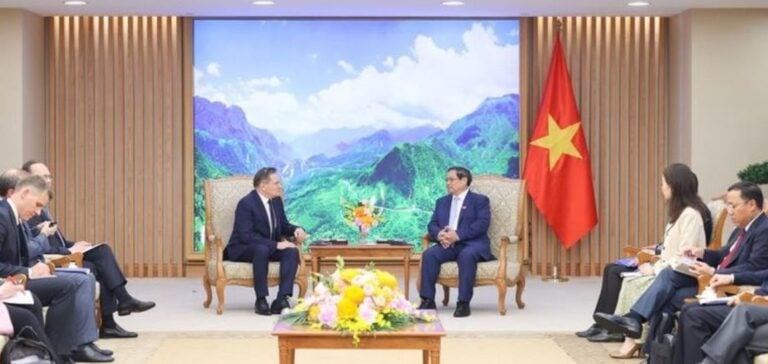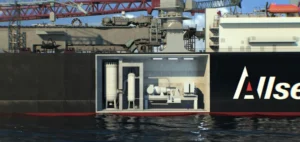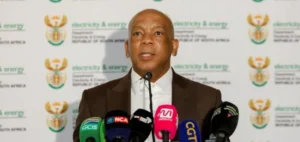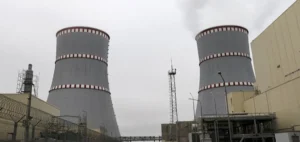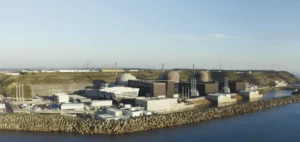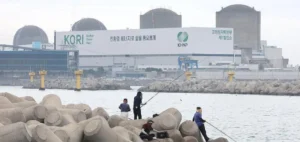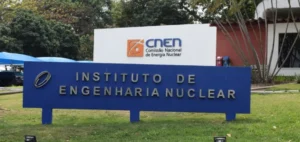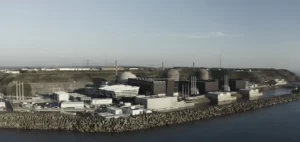Vietnam and Russia recently signed an agreement to build a Nuclear Science and Technology Center in Vietnam. This collaboration aims to strengthen the country’s nuclear capabilities, with discussions on the integration of modular reactors of various sizes.
Strengthening nuclear capabilities
Rosatom CEO Alexei Likhachev met Vietnamese Prime Minister Pham Minh Chinh to finalize the memorandum concerning the nuclear technology center. The project is based on an intergovernmental agreement signed in 2011, and sets out a precise timetable for development up to 2027. This strategic initiative is designed to enhance Vietnam’s nuclear capabilities. At the same time, Likhachev also held talks with the Vietnamese Minister of Science and Technology, Huynh Thanh Dat. They signed an inter-departmental memorandum detailing the activities required to implement the center. This collaboration demonstrates the commitment of both nations to making rapid progress in this field.
Nuclear Options and Technology Cooperation
During these discussions, Likhachev presented the Vietnamese Prime Minister with a complete range of nuclear solutions, including large-capacity units and small and medium-sized modular reactors. He also mentioned the possibility of installing floating modular reactors. These proposals include the localization of suppliers and labor, thus strengthening the economic ties between the two countries. The leaders of both nations stressed the importance of this nuclear collaboration. President Putin indicated that nuclear energy represents a strategic axis for the expansion of bilateral relations. For his part, Vietnamese President To Lam spoke of the importance of exploring new opportunities in this sector.
Strategic Perspectives
This nuclear cooperation between Vietnam and Russia could pave the way for new opportunities for both countries, consolidating their position in the global energy sector. In addition, Putin’s visit to Asia, including North Korea, highlighted Russian ambitions to strengthen strategic partnerships in several technological and energy fields.
This nuclear partnership marks a key step towards the development of advanced and innovative energy capabilities in Vietnam, with a potentially significant impact on the region’s energy stability.


